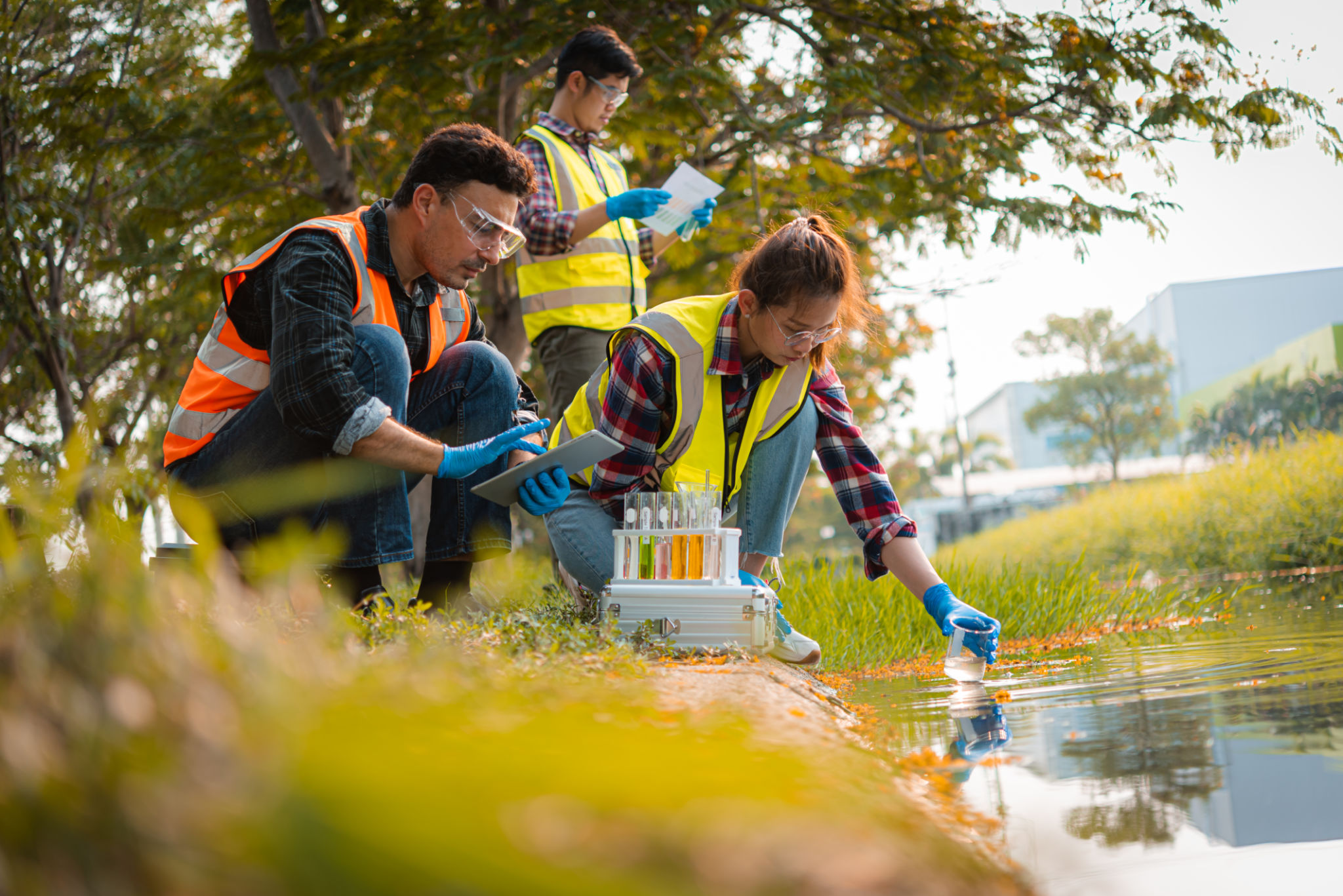How to Choose the Right Wildlife Consultant in Alberta: A Comprehensive Guide
Understanding the Role of a Wildlife Consultant
The natural beauty and biodiversity of Alberta require careful management to ensure sustainable development and conservation. A wildlife consultant plays a crucial role in achieving this balance. They provide expertise in assessing environmental impacts, guiding land use planning, and ensuring compliance with local and federal regulations. Choosing the right consultant can make a significant difference in the success of your project.
Whether you're involved in construction, agriculture, or energy production, a wildlife consultant can offer insights and strategies to minimize environmental disruptions. Their work often includes habitat assessments, species inventories, and mitigation planning. Thus, selecting the right professional is essential for meeting both project goals and conservation standards.

Identifying Your Needs
Before you start your search for a wildlife consultant, it's important to clearly identify your project needs. Different projects require different expertise, so understanding what you need will help you make an informed decision. Consider the following questions:
- What is the scope of your project?
- Are there specific species or habitats involved?
- What are the regulatory requirements you need to meet?
Answering these questions will provide a foundation for your search and ensure that you find a consultant who can meet your specific requirements effectively.
Researching Potential Consultants
Once you've determined your needs, it's time to research potential consultants. Start by looking for local experts in Alberta who have experience relevant to your project. You can use online directories, industry associations, and referrals from colleagues to create a list of prospects.
When doing your research, consider the following:
- Experience: Look for consultants with a proven record in similar projects.
- Reputation: Read reviews and testimonials to gauge client satisfaction.
- Expertise: Ensure they have the necessary qualifications and skills.

Evaluating Qualifications and Experience
An essential step in choosing the right wildlife consultant is evaluating their qualifications and experience. Check their educational background and professional certifications to ensure they meet industry standards. It's also beneficial to verify their experience with specific species or habitats relevant to your project.
Ask potential consultants about past projects they've worked on and request case studies or references. This information can provide valuable insights into their capabilities and how they handle challenges similar to those your project may face.
Assessing Communication Skills
Effective communication is critical when working with a wildlife consultant. They should be able to explain complex scientific concepts in understandable terms and be responsive to your queries and concerns. During initial interactions, assess their communication style and responsiveness.
A consultant who listens carefully and articulates their thoughts clearly can facilitate smoother project execution and better collaboration with stakeholders.

Understanding Costs and Contracts
Cost is an important factor when hiring a wildlife consultant, but it shouldn't be the only consideration. Request detailed quotes from several candidates and compare them based on the services offered, timelines, and deliverables. Ensure you understand what is included in the contract to avoid any unexpected expenses later.
It's wise to discuss payment terms, project milestones, and any additional costs upfront. A well-defined contract ensures transparency and sets clear expectations for both parties.
Making Your Decision
After assessing all these factors—expertise, experience, communication, and cost—you'll be better positioned to make an informed decision. Choose a wildlife consultant who not only meets your technical needs but also aligns with your project's values and objectives.
Remember that the right consultant can contribute significantly to the success of your project by ensuring environmental compliance and promoting sustainable practices.
Conclusion
Selecting the right wildlife consultant in Alberta requires careful consideration of various factors. By understanding your needs, researching potential consultants, evaluating qualifications, assessing communication skills, and discussing costs transparently, you can find the perfect partner for your project. A well-chosen consultant will help you navigate regulatory landscapes while supporting biodiversity conservation in Alberta's unique environment.